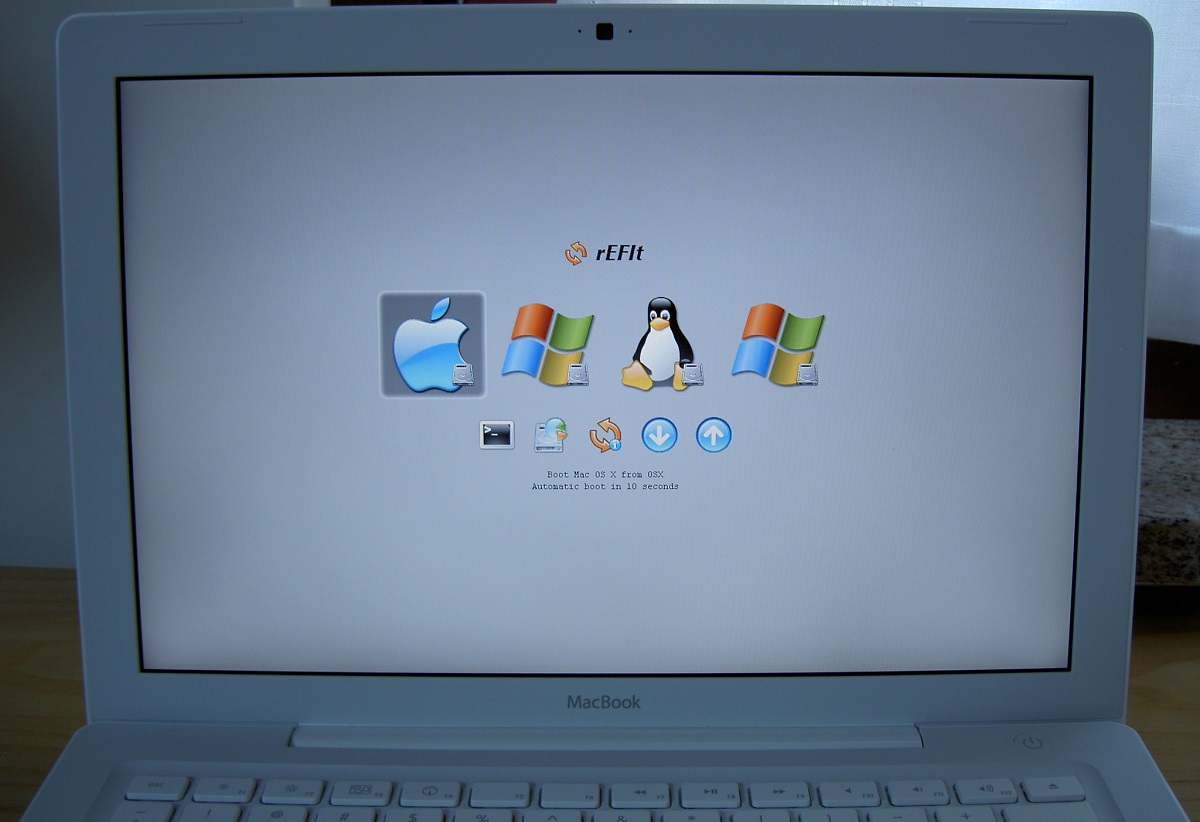
Windows 11 could soon “dual-boot” alongside macOS on the new Apple Inc. Mac PC, MacBook laptops, and even other devices that run on an ARM-based chipset. The M1, M1 Pro, and M1 Max, as well as other ARM64 SoCs (System on a Chip), will get native support for the latest operating system from Microsoft
Microsoft Surface Pro devices pack SQ1, an ARM System on a Chip (SoC), and it can run Windows 10. Apple Inc.’s M1 chipset is also based on ARM Architecture, but it doesn’t get Windows OS natively. This could soon change, and the reason is legal rather than technical.
M1 Mac PCs and MacBook laptops to get Boot Camp back and natively run Windows OS?
Boot Camp Assistant is a multi-boot utility that Apple Inc. had offered within previous releases of macOS. The feature assisted users in installing Microsoft Windows operating systems on Intel-based Macintosh computers.
Needless to mention, macOS and Windows OS work very well on Intel CPUs. However, the situation changed when Apple ditched Intel processors and deployed its own, proprietary chipset, the M1.
Running Windows 11 natively on M1-powered Mac could be a different experience all togetherhttps://t.co/YXDJUqYDO6
— TechRadar India (@TechRadarIndia) November 23, 2021
M1 SoC is based on ARM Architecture. It cannot natively translate x86 code. It can, however, support ARM64 code.
This basically meant Apple Inc. rewrote macOS to ensure it works smoothly on the new M1 chipset. However, Microsoft makes Windows OS. Hence, it seemed Microsoft was to blame for Windows 10 and Windows 11 not working natively on the new M1-based Mac PCs and MacBook laptops.
Although Microsoft is responsible for macOS not natively supporting Windows OS, the reason is not technical, but legal.
A special deal between Microsoft and Qualcomm could end soon, allowing macOS to natively support Windows 11:
Qualcomm reportedly has a special deal with Microsoft to ensure that the company’s ARM chips are the only ones with native Windows support. It seems Qualcomm helped Microsoft while developing Windows on ARM edition.
Microsoft has added x64 emulation to Windows 11. This fundamental feature, combined with ARM64EC, ensures apps run natively with emulated plug-ins.
Well, there's a deal that should die in a fire. If Microsoft wants a version of Windows 11 on ARM that's performant, the Mac is the only game in town—and by the time Qualcomm is in a position to compete with the M1, Apple will be even further down the road. https://t.co/bAsFDi0zp1
— David Gaw (@davidgaw) November 22, 2021
Apple M1 Silicon does not offer Boot Camp. The feature was available on the older Intel-based Macs. This means the newer Apple devices cannot run Windows 11 natively.
Those who need Microsoft’s OS, have to rely on emulation software such as Parallels Desktop. Parallels platform is currently the only solution because Microsoft has made no licensed retail version of Arm Windows available for Apple silicon Macs. Running an OS natively would obviously enable even better performance, which is always great for gaming and other system-intensive tasks.
Moving ahead, macOS should support Windows 11 OS natively. This is because Microsoft could license Windows to other ARM chip makers.


